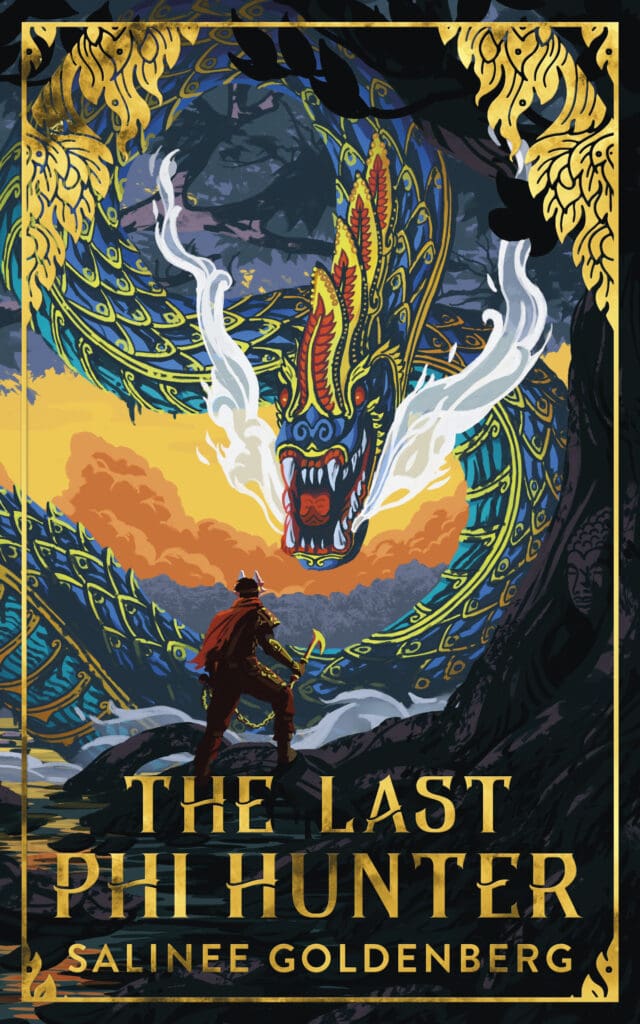
My big secret is that I never thought I could become a published author. I don’t mean that in the usual self-deprecating imposter syndrome laden tirade, I mean that it simply never occurred to me, even though I’ve been telling stories since I was a baby, stapling together crayon drawings of chicken ninjas and babbling for my dad to write down the text. I’ve always been a writer, but I went to school for art, not like, something that could actually make me any money. Then one day, I suddenly realized that authors are actual humans, like you and me. They just worked really hard, had a decent amount of luck, and the vast majority didn’t make as much money as I thought they did.
That sounded far more achievable. So I dove into the world of writing advice, in search of how to get better at what seems like a very simple activity. The amount of information out there is overwhelming, some of it contradicting, or just plain bad. So I’m giving you five possibly terrible pieces of advice that I haven’t seen often but might just be the thing that you, an aspiring writer, need to hear.
Quit your Day Job
Before you drag me, just hear me out. What I mean isn’t necessarily literal, and it only applies to employment that you resent—the soul-crushing grinds, the ones that steal the daily energy you require—no, deserve—to create your stories. Quitting can be purely mental. A decision to reframe your current job description as temporary, not the thing you say when someone asks at a party “So what do you do?” Even if you aren’t getting paid, writing is work. It’s worth taking a look at your situation and figuring out the least amount of effort you can expend to receive a livable paycheck in order to have time to write. Because that’s what it all comes down to, really: how you value and negotiate your time.
When I decided to get published, I quit my lucrative 9-5 in the hopes of getting by with freelance work, while dedicating my waking hours to writing and working on craft. I did this as a single parent, living in a stupidly expensive city, a few years before the pandemic. It was irresponsible and semi-impulsive, but it was also necessary, because I was fucking miserable. I recognize I was privileged enough to have saved up some money, had the skills to do freelance work, and was able to get on medicaid. It was still a huge struggle, but I could not have had the space to produce and improve as much as I did. It was a temporary space, but it really made me value my time and helped me make sure that, when I did eventually crawl back to a day job, I’d find one that fit into my writing schedule, not the other way around.
Brando Sando famously said he worked a dead-end motel desk job because it gave him the time and space to write twelve unpublished novels. And just look where it got him, that slacker.
Open Your Mind
After a particularly hard few months where I dug through my brain, hated every word I scribbled, drank too much, complained to anyone who would listen before declaring burnout and “writer’s block,” I tried microdosing on mushrooms once every few weeks. I found my general mood and constant self-loathing lifted like a veil. The difference was more drastic than any antidepressant I’ve ever been on. I’m not saying it was this alone that broke through the fear, but I believe it helped me look inward to confront why I cared so much that I might die without ever publishing a word. It helped me fall back in love with the process.
Now I’m not a scientist, or a doctor, or a lawyer, or anyone you should listen to, but I believe that many humans, especially artists, could benefit from taking psychoactive substances at least once in their lives. Even better: during a period of creative and/or psychological blockage and stagnation. Why, you ask? Why not?! Sure, it may backfire and send you on a bad trip into the depths of your greatest nightmares, cowering in a Taco Bell bathroom to avoid the Thought Police (not that I’d know anything about that…). But when used responsibly, psilocybin simultaneously turns you into a kindergartener and an alien, and they can help you objectively evaluate the stories you’ve told yourself, or the lies you believe, i.e., this sucks, I’m a failure and a fraud, no one will ever love me, etc. There’s nothing quite like eating fungi in order to forge new pathways in your brain that were previously unlockable, perhaps unimaginable, giving you that extra kick to look at your work/life from a weird angle.
However, it’s been brought to my attention that they aren’t legal in the majority of the world, and I’d hate for you to have to query agents from jail, as most of them don’t accept snail mail anymore. For the sober sailors, I believe the fastest way to open your mind is through travel, and immersing yourself in unfamiliar surroundings. But travel is dependent on a certain level of privilege, so my short cut solution is to leave your phone at home, jump on a metro or bus line, and ride that sucker around the city until you are hopelessly lost. Find a statue you’ve never seen before, talk to strangers, pet new dogs in the park. You might not have a spiritual awakening, but I guarantee that at least one new thought will break through the calloused layer caused by daily routine.
Stop Studying The “Craft”
Those destination writing conventions? Those expensive, exclusive workshops run by famous award-winning authors? Those piles and piles of How to Write Gud craft books with contradicting information? At best, these are a massive, distracting time sink with diminishing returns and, at worst, a way for other people to make money off your hopes and dreams. I’m not saying any of these gurus have bad intentions! Most of them love paying it forward. There’s so much valuable insight to gain by learning from those whose careers you want to emulate. Or network with, or whatever.
But I truly believe the only real way to level up at writing is to sit down and write. You don’t learn how to play the guitar better by listening to someone lecture you on the rules of music. You force your hands to bend in unnatural ways and stumble through the chords of your favorite songs, until someday, you figure out how to play on your own. Sure, you could pay someone to teach you, but they’ll teach you how to play like them. Don’t you want to play like you?
This all brings me to my last point, something William Gibson said to me when he signed my haggard copy of Neuromancer and I asked for some writing advice…
“Take all writing advice with a grain of salt.”
Nothing works for everyone. A community is great, but ultimately, it all comes down to you and the page. Part of the journey is finding your own process. Trust the damn process.
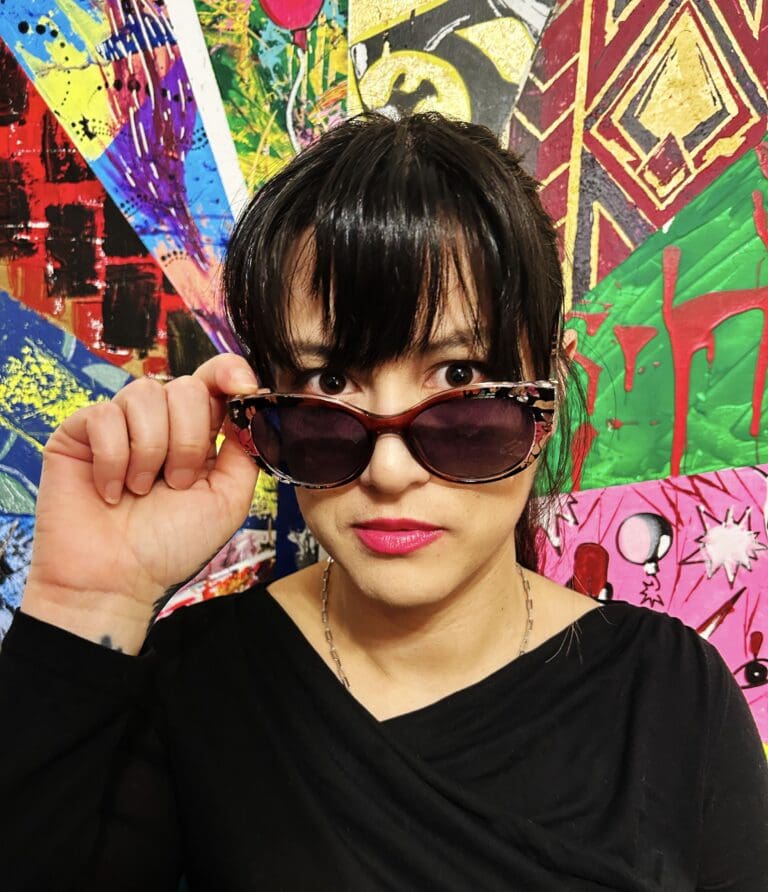
But Sal, that’s only 4 hot takes!
Sorry, but one of the things I’ve also learned is to occasionally stick to an arbitrarily chosen word count. So if you’d like more words from me, check out my debut novel The Last Phi Hunter, coming out April 9th on Angry Robot books. It won’t make you a better writer, but it will make me a better “author,” since boy do them preorder numbers sure determine my worth!
*This author, her publisher, and this website hereby assume no responsibility or liability involving any implementation of the advice described in the content of the article—swim at your own risk, my friends.
For more book links and Arc requests click here.
Also make sure to enter the International Giveaway curtesy of our friends at Angry Robot Books here. One winner from the UK and one from Nort America will each receive a physical copy of The Las Phi Hunter and one International winner will get a digital copy!

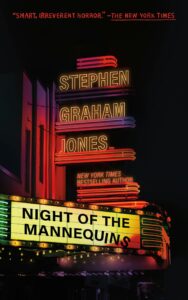
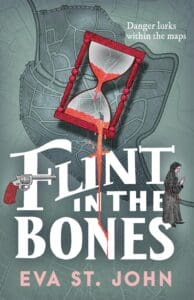
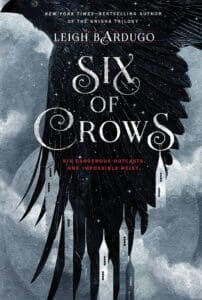
Leave a Reply